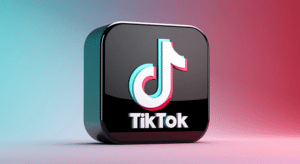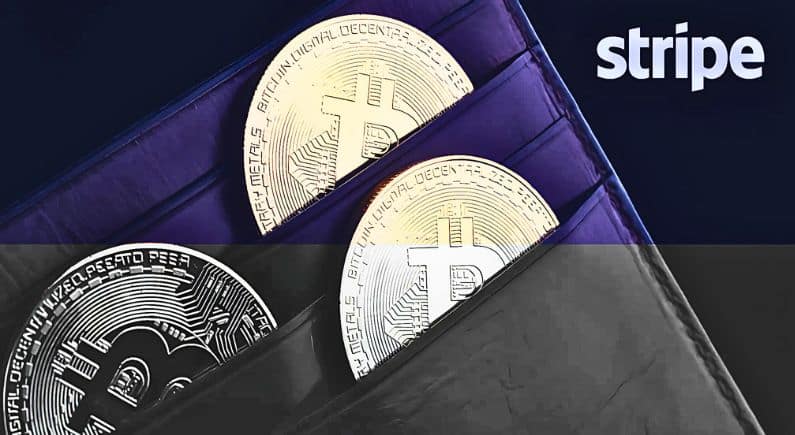Is TikTok giving China national control?

Chief executive of TikTok, Shou Zi Chou endured an hours long session at the US House of Representatives, aiming to convince the Congress that his company poses no threat to national security and does not violate any privacy laws or conventions.
The concerns are directed more specifically at TikTok’s controlling company ByteDance, who are a Chinese information technology company and are feared to be collecting, selling or sharing in any other capacity, data with the Chinese government. ByteDance are accused of using TikTok as a vehicle for this agenda due to its aggressively intrusive algorithm.
The widespread discomfort and uncertainty comes from the fact ByteDance is legally required to share any data that the Chinese government requests of them. There are far less safeguards through policy in general and particularly with privacy and security in mind under Chinese jurisdiction, when compared with the rest of the world.
This is perhaps why, although Mr. Chew’s answers were rather comprehensive, this did little to sway the committee, who were unimpressed by what they deemed as evasive and indirect answers. He was probably vehemently clearly with only one statement.
Let me state this unequivocally: ByteDance is not an agent of China or any other country.
Despite Mr. Chew’s repeated claims to the absolute contrary, whether an agent or not, it is unclear how it would be in any way possible for ByteDance to refuse any data at all to the Chinese government.
The questioning directed at Mr. Chew and his organisation was hard-hitting and took an accusatory nature to begin with. The committee scrutinised many aspects of TikTok’s business model, including such factors as its content moderation protocols and who it chooses to sell information to. additionally he was questioned the various security risks it could pose outside of these.
Republican Chair of the House of Representative’s Energy and Commerce Committee set the tone blatantly to Mr. Chew.
We do not trust TikTok will ever embrace American values – values for freedom, human rights and innovation.
TikTok’s aggressive data collection
TikTok in particular is seen as posing a great risk than that provided by companies such as Facebook or Twitter because, although they are also in some ways unsecure, the sheer amount of data that is harvested to make it so potent as a tool for branding and marketing is at a level clearly higher than their peers. How this data is also stored and categorised is also alarming. As the internet security giant NordVPN explained:
Should a corporation have that kind of insight into your personal life? Are you comfortable with TikTok assessing and deducing (often with remarkable accuracy) your sexuality, political leanings, or health conditions?
Unconventional practices, against industry standards, such as keylogging where all keyboard inputs are saved by the app, along with even more intrusive functions such as embedding tracking pixels on third-party websites add even further evidence of suspiciously comprehensive practices.
This mass of data is also an issue due to the abnormally large risk their servers carry. In this case TikTok has attempted to shift some of the responsibility as they store their data on servers maintained and owned by server corporation Oracle. Under the “Project Texas” plan third-party companies such as Oracle would assume some control and oversight relevant to TikTok’s data practices. The centralised nature is still cause for concern however, as a single security breach could cause a devastating chaos.
There has already been several scandals related to the sensitive information of journalists, with TikTok and ByteDance being explicitly accused of spying in these cases.
These risks are most certainly the main cause of such a session before Congress. However, other issues have also surfaced regarding their curation and moderation processes, with many accusing the app of showing a lack of effectiveness in protecting younger viewers in particular. With a tool as powerful as TikTok any risk of propagation or censorship, whether well founded or not, could have very real consequences.
External control of moderation is also strongly denied by Mr. Chew. However, the influence of the Chinese government remains a palpable fear especially in the US, a nation among many, that could suffer heavy repercussions to their elections, policymaking and overall democratic discourse, should the communist party in China gain seminal control over TikTok.
The issue with information technology regulation
The element of the Chinese government’s possible surveillant influence has truly brought to the forefront many questions regarding data protection law across the board. The capitalist nature of policy that has allowed big tech companies to harvest and monetise data on such an unbelievable scale has truly been exposed.
The failure to pass strong security and privacy regulatory laws will hinder any attempt to protect the individual citizens, national tech industries and the nations as a whole. By making this business model legal, without adequate regulatory safeguards, has legally put at risk security and privacy, so that now this compensatory action will most certainly not be potent enough without strong policy revisions.
For any more industry leading insights and innovative ideas then check out this video.
https://youtu.be/ULoDEnGgfP0?list=PLBzkogNhTeq9Fnmwp8meiSy96sie71_Tj







